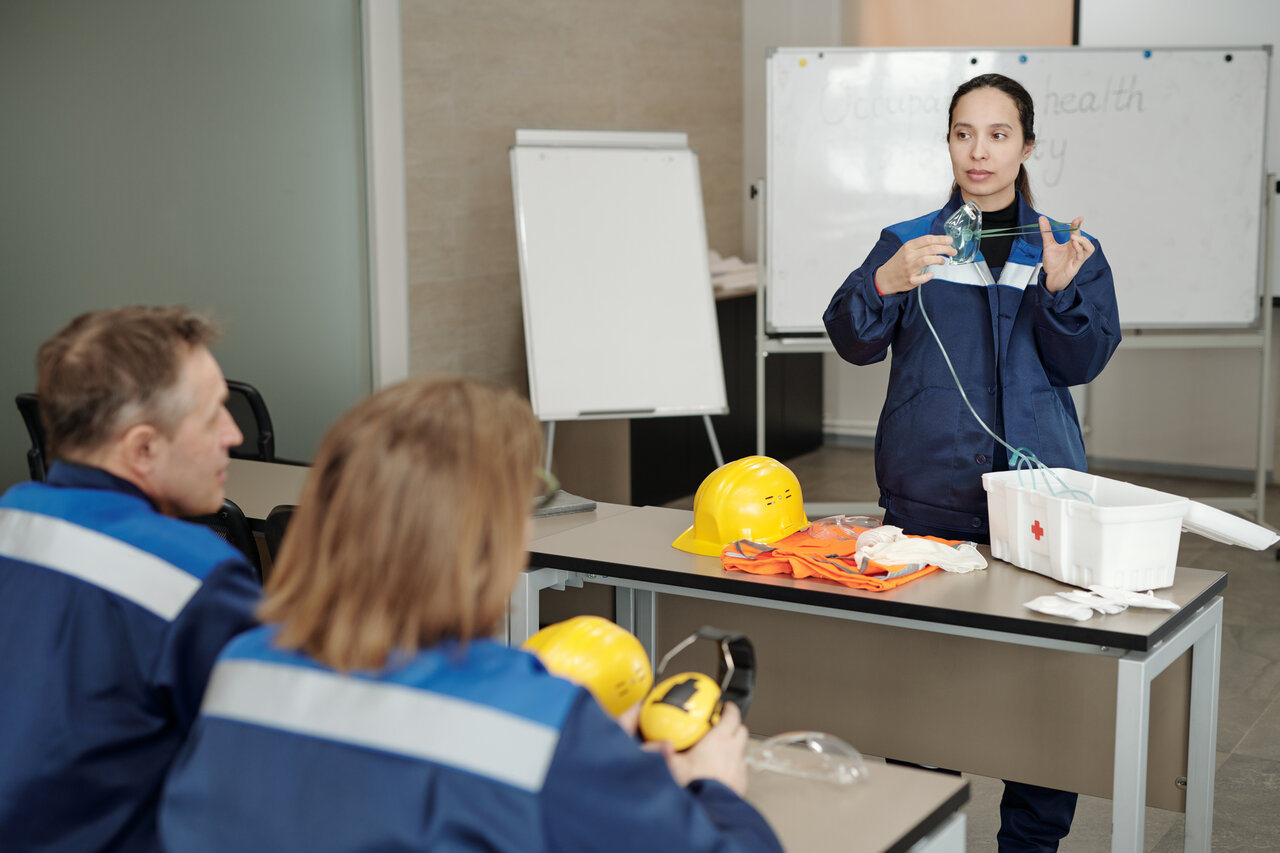The construction industry is undoubtedly one of the most dynamic sectors, with diverse projects, materials, and equipment constantly interacting to create stunning infrastructure. However, the operation of plant and machinery on construction sites also presents considerable risks to workers’ health and safety, as well as potential downtime and financial losses. To mitigate these risks, comprehensive plant and machinery safety training becomes an indispensable factor in maintaining both the safety and productivity of today’s construction projects.
In this insightful article, we will delve into the significance of plant and machinery safety training for the UK construction industry and how it creates a more secure and efficient work environment for all. We will explore the essential subjects covered in such training, including safe operation of various machinery types, hazard identification, risk assessment, and regulatory compliance. Additionally, we will stress the importance of Continual Professional Development (CPD) for workers in keeping their skillset relevant and updated.
As a reliable, accredited, and trusted training and consultancy company, CR Training is dedicated to providing high-quality training courses tailored to the unique needs of the construction industry. With a strong focus on plant and machinery safety, our team of professional trainers ensures individuals and businesses are well-equipped to foster a safe working environment that minimises risk and increases productivity. Through our courses, learners gain valuable knowledge, practical skills, and renewed confidence required for operating plant and machinery within the ever-evolving landscape of the UK construction industry.
1. Essential Subjects Covered in Plant and Machinery Safety Training
To ensure workers are equipped with the necessary skills to operate plant and machinery safely, a comprehensive training programme must cover a wide array of topics, including:
– Types of Machinery: Detailed knowledge of various plant and machinery types used in the construction industry, such as excavators, cranes, loaders, and scaffolding systems.
– Operational Safety: Instructions on the safe operation, inspection, and maintenance of machinery, including correct start-up and shutdown procedures and working within machinery load limits.
– Hazard Identification: Training on how to recognise and report hazards related to plant and machinery operations, such as unsecured loads or insufficient clearance.
– Risk Assessment and Control: Guidelines on conducting thorough risk assessments and implementing appropriate control measures to minimise risks associated with plant and machinery usage.
– Compliance with Regulations: Familiarity with relevant health and safety regulations, such as the Provision and Use of Work Equipment Regulations 1998 (PUWER) and the Lifting Operations and Lifting Equipment Regulations 1998 (LOLER), ensuring legal responsibilities are met.
2. Benefits of Comprehensive Plant and Machinery Safety Training
In addition to helping workers meet regulatory requirements, comprehensive plant and machinery safety training offers numerous benefits to the construction industry:
– Enhanced Safety Culture: Training programmes contribute to fostering a safety-first culture, where both employers and employees prioritise health and safety in their daily operations.
– Reduction of Accidents: Properly trained workers are less likely to be involved in accidents, which translates into lower rates of injuries, downtime, and financial losses in projects.
– Worker Confidence: Comprehensive training empowers workers with the knowledge and skills needed to operate machinery safely, leading to increased self-confidence and overall job satisfaction.
– Improved Productivity: A competent and safety-conscious workforce reduces potential delays arising from avoidable accidents or equipment failures, leading to better project efficiency and productivity.
3. Continuing Professional Development (CPD) for Plant and Machinery Operators
As the construction industry’s landscape evolves over time and new technologies emerge, it is vital for plant and machinery operators to stay up-to-date with current best practices and guidelines. Continual Professional Development (CPD) plays a crucial role in maintaining workers’ skills and knowledge in the rapidly changing construction sector:
– Refresher Courses: Regular refresher courses help workers stay current with new developments, ensuring that safety standards are met consistently.
– Upskilling Training: Training in new areas of expertise broadens workers’ skillsets, allowing them to adapt to an ever-changing industry and enhance their career prospects.
– Enhancing Existing Skills: CPD courses can help plant and machinery operators improve their existing skills, enabling them to perform their tasks more efficiently and safely.
4. Choosing the Right Plant and Machinery Safety Training Provider
Selecting the right training provider can significantly impact the effectiveness of plant and machinery safety training programmes. Here are some key factors to consider when choosing a provider:
– Accreditation and Reputation: Ensure the training provider holds relevant accreditations and has a solid reputation within the industry.
– Experienced Trainers: Assess the qualifications and experience of the training instructors to ensure they are proficient and have real-world expertise in the construction industry.
– Curriculum Relevancy: Examine the course syllabus to ensure that it is up-to-date and in line with the specific needs of your workforce.
– Assessments and Certifications: Confirm that the training programme includes suitable assessments and offers recognised certifications to validate successful completions.
Embrace a Safer Construction Industry with Expert Plant and Machinery Safety Training
Plant and machinery safety training is pivotal in ensuring the construction industry continues to thrive while prioritising the safety of its workforce. Comprehensive training programmes equip workers with the necessary skills and knowledge to operate machinery safely and efficiently, minimising risks and contributing to project success. By investing in thorough training and continuing professional development, construction companies can foster a safe and productive workplace, driving growth and excellence in the industry.
Discover CR Training’s wide range of courses in workplace safety training in Edinburgh and give your construction workforce the tools to excel in their careers while maintaining a safe working environment. Contact us today to get started.




